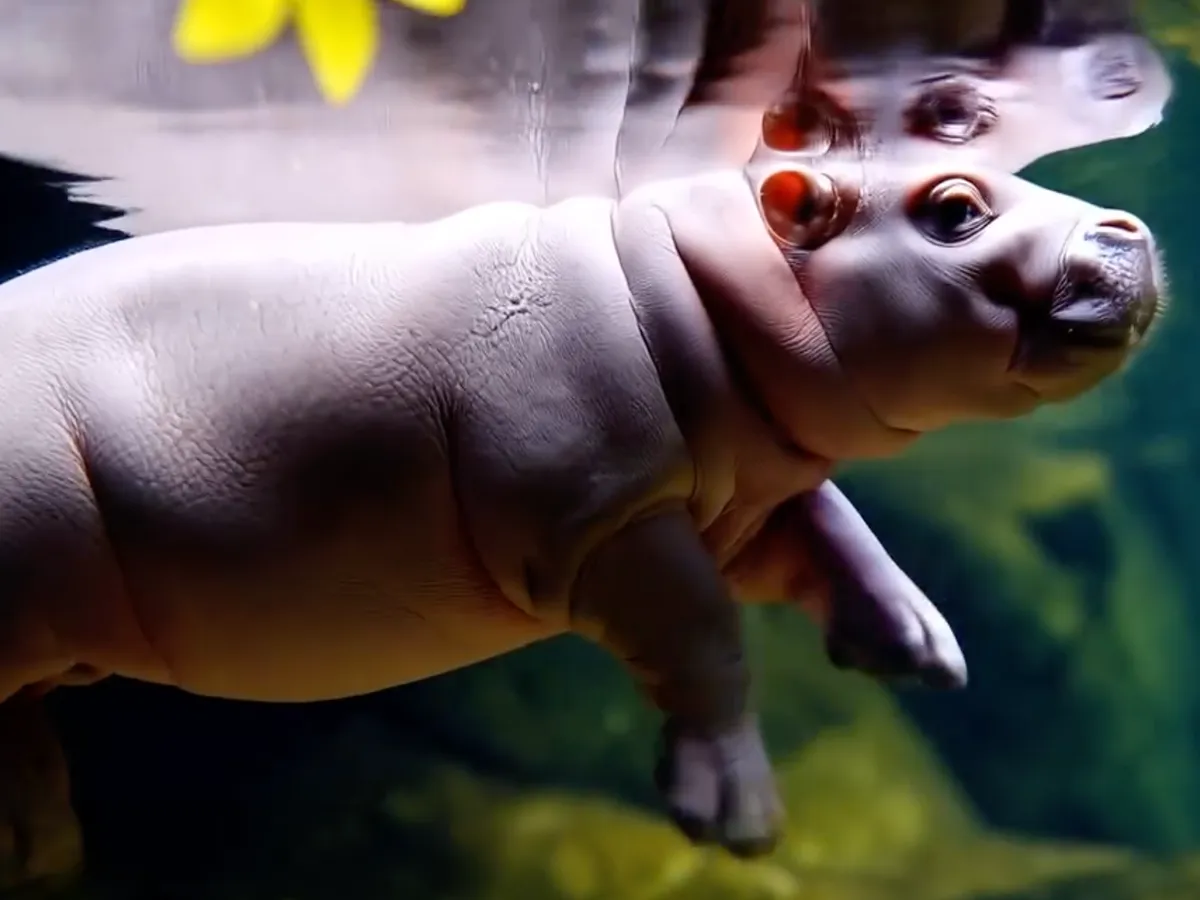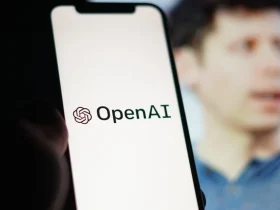Meta has recently ventured into the AI-generated video space with its new tool, Movie Gen. This technology allows users to create realistic video content from simple text prompts, positioning itself as a resource for both professional filmmakers and casual users. Despite the excitement surrounding Movie Gen, it is currently limited to internal use within Meta and is not yet available to the public. The tool stands out for its ability to generate audio alongside video, making it a powerful addition to existing AI video generation tools.
In a demonstration, Meta showcased several examples of videos generated by Movie Gen, which included imaginative scenes like a baby hippo swimming underwater and penguins in anachronistic Victorian outfits.
One notable example featured a koala bear surfing, complete with a detailed prompt that described its appearance and surroundings. These examples illustrate the potential for creativity and humor in AI-generated video content, though they also highlight the challenges in achieving true realism in animated scenarios.

Meta’s Movie Gen offers features that extend beyond simple video generation, including the ability to edit existing videos and create content based on images. This capability is particularly intriguing, as it allows users to manipulate both generated and real-world footage while preserving the original content. For instance, users can incorporate people into generated movies, expanding the creative possibilities for filmmakers and content creators alike.
Another significant aspect of Movie Gen is its audio generation capability, which can add sound effects and music to videos. This audio generator is currently limited to creating 45 seconds of sound, but it allows for simple inputs, such as ambient noises like rustling leaves. Despite these advanced features, Meta’s Chief Product Officer Chris Cox has indicated that Movie Gen is still not ready for public release due to high costs and lengthy generation times.
Meta’s development of Movie Gen involves a robust foundation model, featuring a large video model with a 30 billion parameter transformer. This approach is relatively rare in the industry, as many companies have moved toward more commercialized AI tools.
While Meta collaborates with filmmakers and video producers in its development process, details about its training data remain sparse. The company is reportedly in talks with Hollywood stars to lend their voices for future projects, suggesting a potential fusion of AI and traditional filmmaking in the future.







Leave a Reply